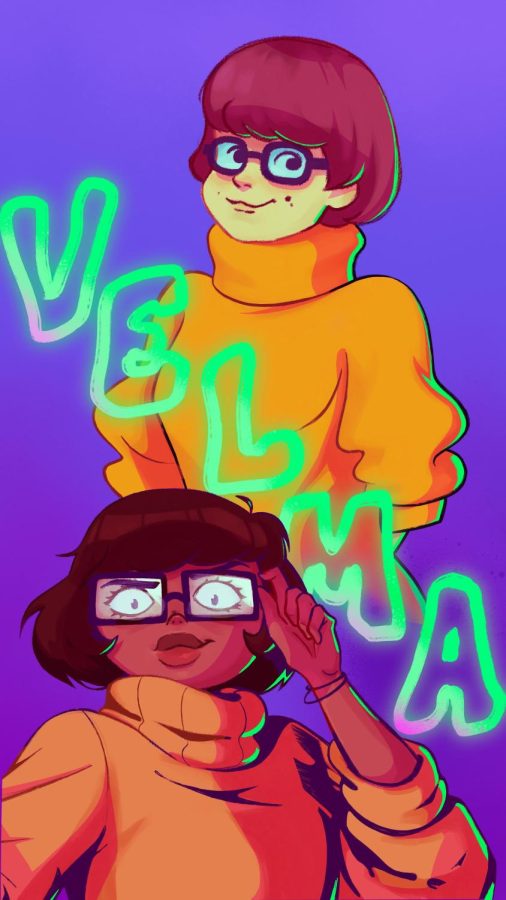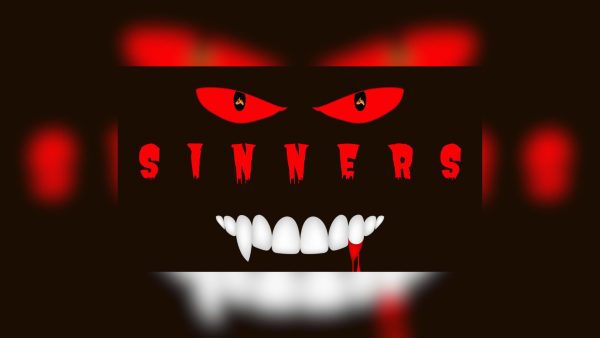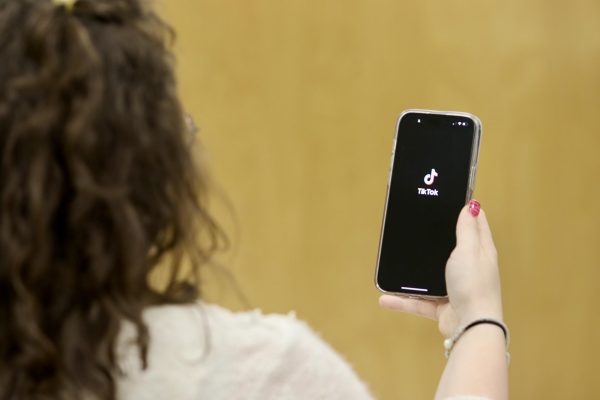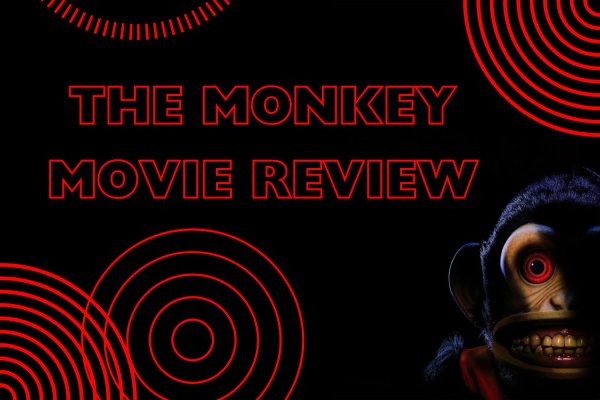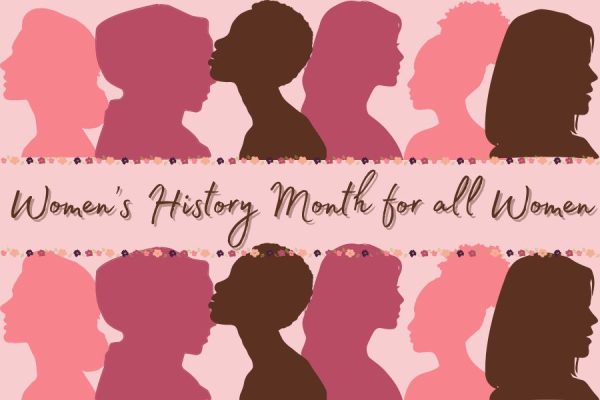OPINION | Why “Velma” deserves a thumbs down
HBO Max’s “Velma” was a shoddy attempt at trying to make an adult, humor-centered Scooby Doo show with a combination of not-so-funny stereotype jokes, once again displaying how Mindy Kaling tends to not represent Indian main characters in a positive light.
“Velma” was announced in February of 2021 to be executively produced by Kaling and the character was to be voiced by her. Later on, it was revealed that Velma Dinkley was going to be portrayed as a young Indian woman in this show.
Initially, I was intrigued by the prospect. I thought it would be an interesting spin on the original characters and their origin story. There have already been many Scooby Doo adaptations that introduce the mystery group in novel ways or establish fresh dynamics within the group, so it made sense to me.
Of course, there is always criticism of shows changing aspects of well-known characters, especially changing their race. Along with Velma, Daphne was announced to be Asian and Norville, a.k.a Shaggy, Black in this new series.
Once again, I didn’t see any serious problems with this.
When the show launched, people were instantly criticizing the show due to the writing, the characters’ personalities and how people are tired of Mindy Kaling self inserting her life into shows. I thought, “There’s no way it can be that bad.”
Then I watched all 10 episodes and let me tell you…it’s pretty bad.
Let’s start with Velma as a character. In an interview with Seth Meyers, Kaling was talking about the pushback she received when people found out Velma was South Asian.
“First of all, I didn’t know that she elicited such strong reactions in either direction. It made me think, ‘Okay, we’ve got to be really careful with this character,’ which we will be because we love her and she’s going to have great adventures,” she said.
I find this extremely ironic considering the show annihilated what was loveable about Velma. Instead of her being sweet, smart and a little clumsy, Kaling’s Velma was condescending, judgmental and unlikeable
There are too many scenes to count in which the turtleneck-wearing mystery solver we know and love takes advantage of people around her due to her selfishness or brings people down by commenting on their appearances or intelligence.
Not that any of the other characters were outstanding, but in doing this Velma became my least favorite out of the series. I also wanted to add, the way the writers and producers treated Velma exploring her sexuality came off as so tone-deaf and they were seemingly just doing it to do it, not because they care about the LBGTQIA+ community and representation.
This leads me to another topic that Kaling consistently has found herself in when it comes to shows with her involvement: self-inserting herself and internalized racism.
Kaling has been involved in making two other shows, “Never Have I Ever” and “The Sex Lives of College Girls” in which the main characters are young South Asian women. Some see this as an opportunity for diversity, but Kaling has used her time on those shows and in “Velma” to only bring out the negative sides of an Indian girl’s experience.
According to those who have watched the other two shows, Kaling has a habit of drawing on her personal experiences as a woman of color and inserts that into the shows she is a part of. While these stories are very important to show on screen and gain representation, Kaling’s story is only one out of thousands, meaning not every South Asian woman may relate.
People have also expressed that they are tired of when South Asian women ARE on screen, their lives are made to be these tragedies where suffering is exposed or they are made fun of. I felt like in every episode of “Velma” there was a comment on Velma’s “excessive” body hair or how she was too boyish and brutish.
People of color are seemingly tired of the same old stories where people that look like them are the butt of the joke and want to be seen as more than that. And with Mindy Kaling as “the face of South Asian representation” she isn’t doing the best job.
With the writing, it was clear that in “Velma” the writers were trying too hard to be relatable and appeal to a young adult audience. There were so many “meta” jokes where they had the characters trying to break the fourth wall by having the characters talking about a transition or mentioning other murder mystery cliches in dialogue even though they were indulging in said cliches.
The moments never came off as comical and again, there were way too many stereotyped race or gender jokes that made flat landings. Out of the 10 episodes, I counted about five times when a moment in the show made me genuinely laugh.
I see they were trying to replicate other shows like “The Boondocks” or “South Park” but they missed the mark on what made those shows successful; their episodes were rooted in tackling heavy topics while containing a funny and poignant message, which none of the “Velma” episodes did or if they did it was exaggerated.
To try and leave this on a positive note, I enjoyed the animation style and attention to detail on coloring, such as how the people of color in the show had their palms a different shade than the rest of their skin. I also liked the soundtrack for the most part and felt they made good song choices.
Other than those two points, the rest of the show flopped for me and I truly hope that despite it already being greenlit for a season two, the creators see the criticism and utilize it rather than just ignoring it and calling people who are genuinely trying to help “racist.”
Your donation will support The Lion's Roar student journalists at Southeastern Louisiana University.
In addition, your contribution will allow us to cover our annual website hosting costs.
No gift is too small.
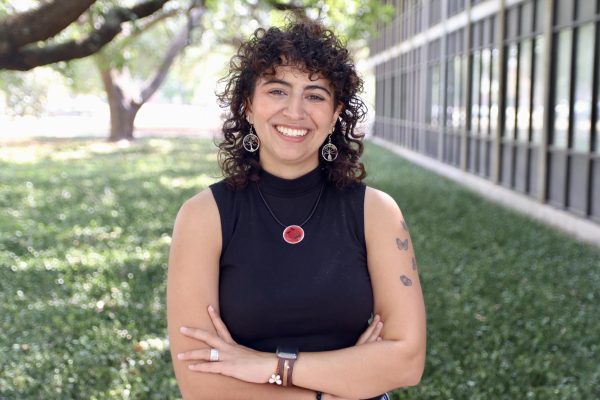
Chloe Williams is an English major with a concentration in creative writing and minors in communication and theater. She hopes to become a newspaper...
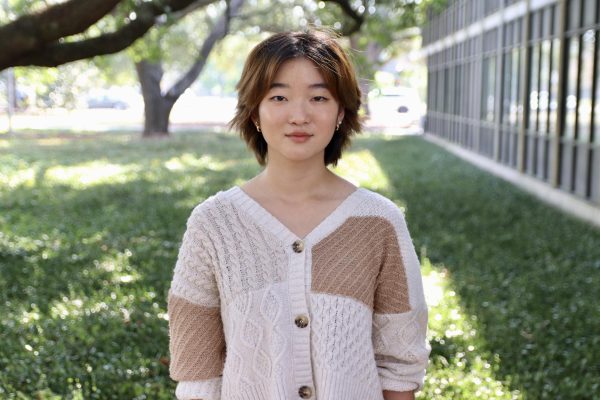
Yumi Domangue is a double major in mechatronics engineering technology and new media and animation. She joined Student Publications in the Fall of 2021...


